Kendall College Hosted Global Culinary Competition for International Students
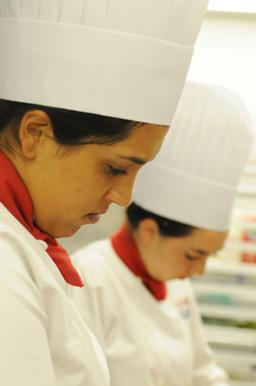 Culinary students from around the world visited the Kendall College School of Culinary Arts in Chicago to prepare locally inspired dishes from their native countries in a global cooking competition in last January. Teams from schools in seven countries and the Laureate International Universities Culinary Network joined Kendall College in this two-day competition.
Culinary students from around the world visited the Kendall College School of Culinary Arts in Chicago to prepare locally inspired dishes from their native countries in a global cooking competition in last January. Teams from schools in seven countries and the Laureate International Universities Culinary Network joined Kendall College in this two-day competition.
Participating schools and countries included: Universidade Potiguar in Brazil; Universidad Latina de Costa Rica, Heredia; Universidad de Las Américas in Ecuador; Universidad del Valle de México (two teams); Royal Academy of Culinary Arts in Jordan; Universidad Interamericana de Panama; and Kendall College in the United States.
National competitions were conducted at the various campuses throughout the previous three months to determine the teams that would participate in the global competition. At the competition at Kendall, the finalists had three hours to prepare for their four-course meal for the following day. The next day, each team had an additional two-and-a-half hours to finish their dishes and 30 minutes to serve all four courses to the judges.

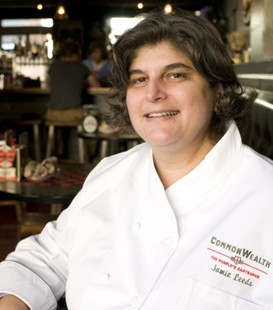 The president of Women Chefs & Restaurateurs calls on us to acknowledge the achievements of women culinarians and hospitality professionals in recognition of National Women’s History Month.
The president of Women Chefs & Restaurateurs calls on us to acknowledge the achievements of women culinarians and hospitality professionals in recognition of National Women’s History Month.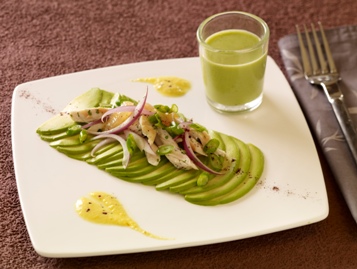 Lovers of ethnic foods are exhibiting a greater taste for exotic flavors.
Lovers of ethnic foods are exhibiting a greater taste for exotic flavors.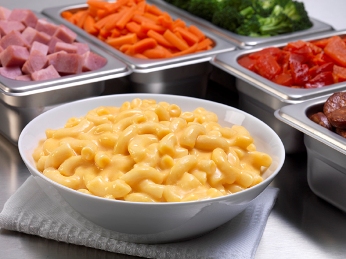 Retailers continue to expand prepared food offerings while gaining ground on restaurants.
Retailers continue to expand prepared food offerings while gaining ground on restaurants.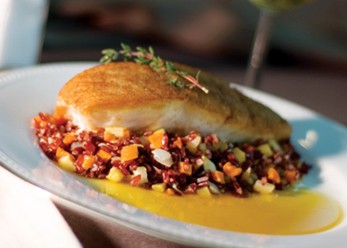 Chefs desire global cuisines, whole grains, versatility and U.S.-grown.
Chefs desire global cuisines, whole grains, versatility and U.S.-grown. Snack orders—either as a fourth meal of the day or replacing one of the three squares—are increasing in foodservice.
Snack orders—either as a fourth meal of the day or replacing one of the three squares—are increasing in foodservice.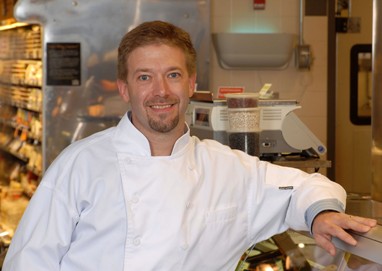 Thanks to Whole Foods Market, Scott Crawford is able to utilize all of his skills while practicing what he believes in.
Thanks to Whole Foods Market, Scott Crawford is able to utilize all of his skills while practicing what he believes in. A seminar can be a great place to push students’ thinking and provide them with a different educational experience.
A seminar can be a great place to push students’ thinking and provide them with a different educational experience.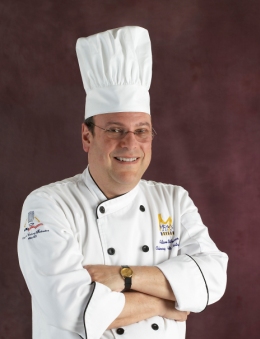 What will a potential employer see if he or she looks up your student on Facebook? This and six other points will help you help your grads find meaningful employment.
What will a potential employer see if he or she looks up your student on Facebook? This and six other points will help you help your grads find meaningful employment.